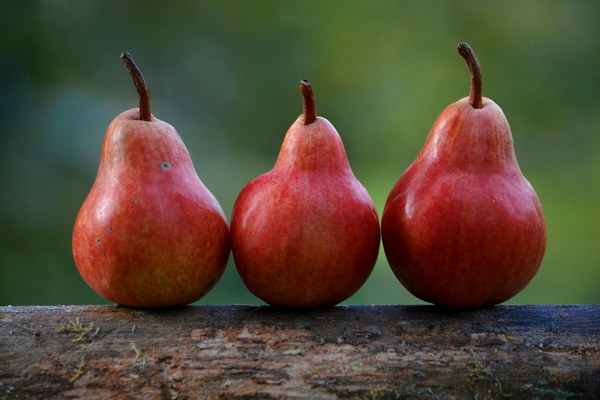How Smokers Can Revitalize Their Lungs A Guide to Lung Care and Recovery
Introduction:
Smoking is a habit that takes a heavy toll on the lungs, leading to a range of respiratory issues and health problems. However, even for smokers, there are ways to care for their lungs and promote healing. This article will explore various strategies that smokers can adopt to improve lung health, including lifestyle changes, natural remedies, and medical interventions.
1. Quitting Smoking:
The most crucial step for smokers looking to improve their lung health is to quit smoking. The sooner a person stops smoking, the faster their lungs can begin to heal. Here are some tips to help smokers quit:
- Seek professional help: Consult with a healthcare provider or a smoking cessation specialist for guidance and support.
- Use nicotine replacement therapy (NRT): NRT can help reduce withdrawal symptoms and cravings.
- Consider prescription medications: Prescription drugs like bupropion and varenicline can also aid in quitting.
- Set a quit date: Choose a specific date to quit smoking and prepare for the journey.
- Develop a support system: Lean on friends, family, or support groups for encouragement and motivation.
2. Increase Physical Activity:
Regular exercise can help improve lung function and promote overall health. Engaging in activities such as walking, cycling, or swimming can increase oxygen levels in the body, aiding in lung repair. Aim for at least 150 minutes of moderate-intensity exercise per week.
3. Practice Deep Breathing Exercises:
Deep breathing exercises, such as diaphragmatic breathing, can help improve lung capacity and reduce stress. Practice the following steps:
- Lie down on your back and place a book on your abdomen.
- Inhale deeply through your nose, allowing the book to rise.
- Exhale slowly through pursed lips, pushing the book down.
- Repeat this exercise for 10-15 minutes daily.

4. Maintain a Healthy Diet:
A balanced diet rich in fruits, vegetables, whole grains, and lean proteins can support lung health. Some specific nutrients that are beneficial for smokers include:
- Antioxidants: Fruits like berries, tomatoes, and leafy greens can help reduce oxidative stress in the lungs.
- Omega-3 fatty acids: Fish, nuts, and flaxseeds can reduce inflammation and improve lung function.
- Vitamin C: Citrus fruits, strawberries, and bell peppers can strengthen the immune system and protect against infections.
5. Avoid Exposure to Air Pollutants:
Smokers should make an effort to minimize exposure to air pollutants, such as secondhand smoke, dust, and chemicals. Take the following precautions:
- Avoid smoking areas and secondhand smoke exposure.
- Use air purifiers in your home and workplace to reduce indoor air pollution.
- Avoid high-pollution areas and wear a mask when necessary.
6. Seek Medical Interventions:
For severe lung damage, medical interventions may be necessary. Here are some options:
- Pulmonary rehabilitation: A structured program that combines exercise, education, and counseling to improve lung function.
- Oxygen therapy: In some cases, supplemental oxygen may be needed to increase oxygen levels in the blood.
- Surgery: For advanced lung diseases, surgery may be an option to remove damaged tissue or repair the lungs.
Conclusion:
While smoking is a significant risk factor for lung damage, it is not too late for smokers to take action and improve their lung health. By quitting smoking, adopting a healthy lifestyle, and seeking medical interventions when necessary, smokers can give their lungs a chance to heal and improve their overall well-being. Remember, it is never too late to start taking care of your lungs.









